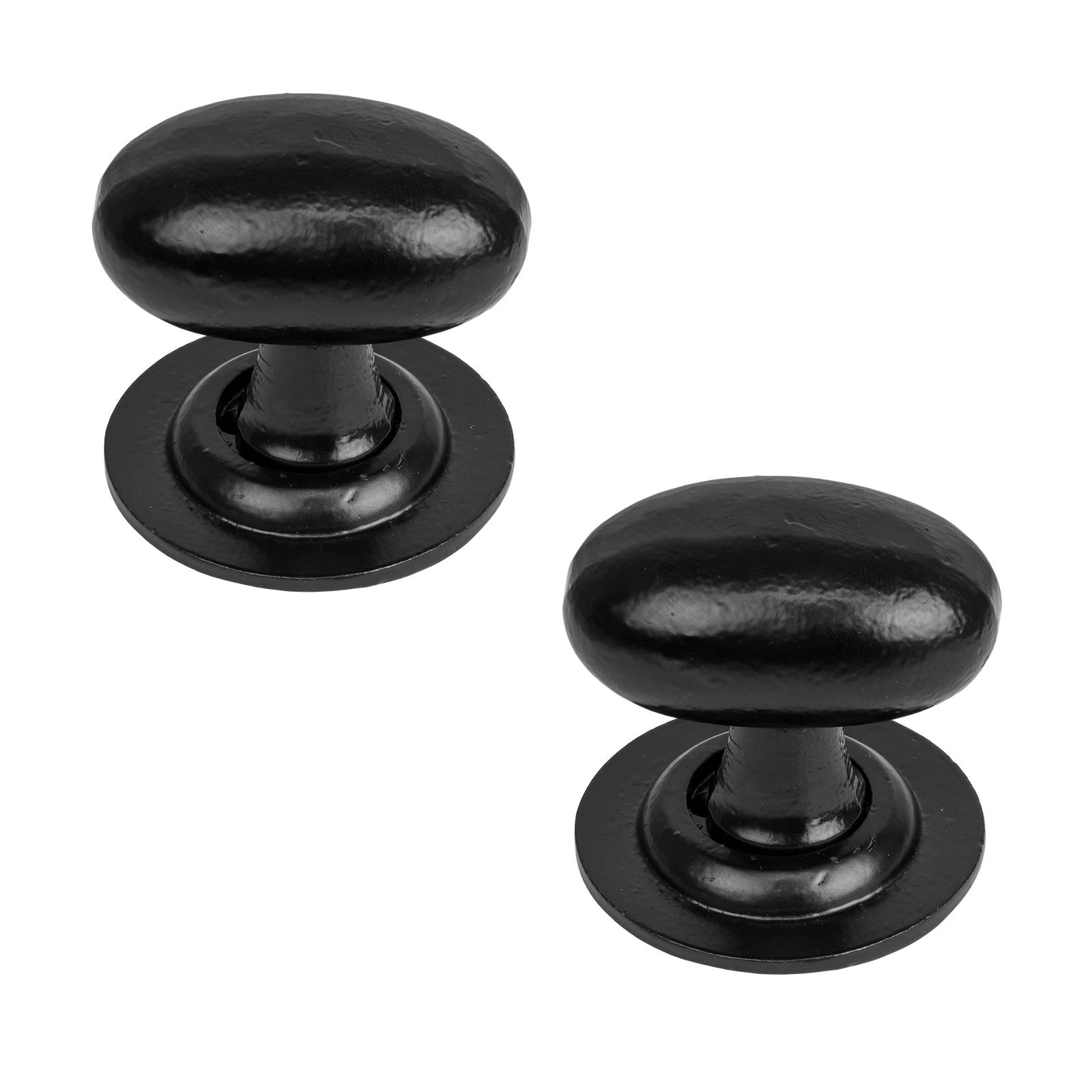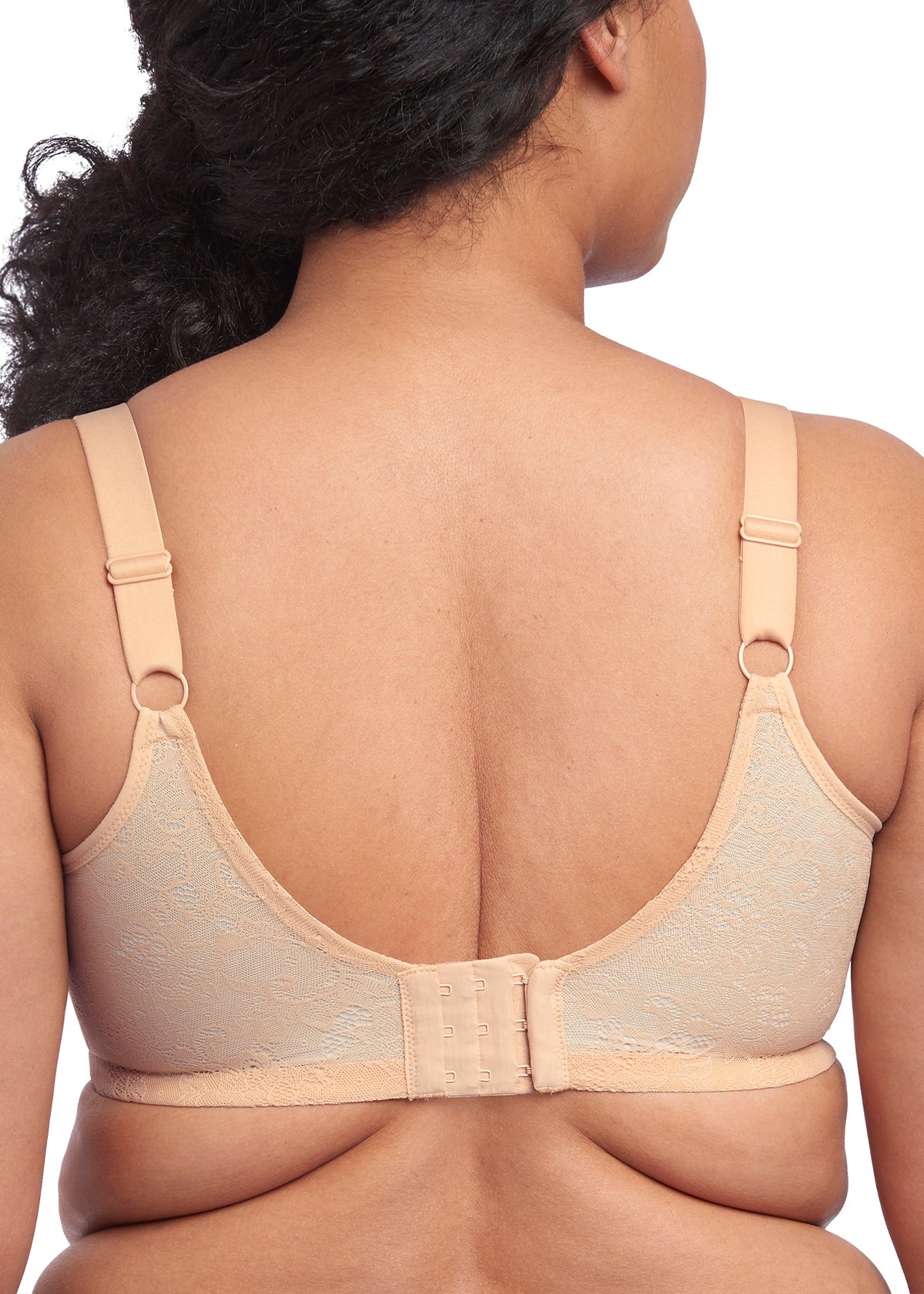Development and validation of the body shape scale (BOSHAS) for assessing body shape perception in African populations, BMC Public Health
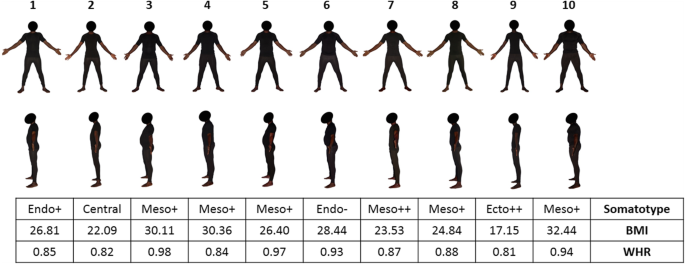
By A Mystery Man Writer
Background As a consequence of ‘Western’ acculturation, eating disorders and body image disturbances, such as fatness phobia and body dysmorphic disorders towards musculature and body shape, are emerging in Africa, with young people the most affected. It is therefore important to accurately assess perceptions of body shape. However, the existing body image assessment scales lack sufficient accuracy and validity testing to compare body shape perception across different African populations. The purpose of this study was to develop and validate the Body Shape Scale (BOSHAS) to evaluate body shape perceptions related body image disorders in African populations. Methods To develop the BOSHAS, anthropometric measures of 80 Cameroonians and 81 Senegalese (both sexes included; 40.1% females overall) were taken for three body shape criteria: somatotype components, body mass index (BMI) and waist-to-hip ratio. Subjects were selected to cover a wide variability in body shape and were photographed in full face and profile positions. To validate the BOSHAS, the scale was administered twice (2 weeks apart) to 106 participants (aged 31.2 ± 12.6 years) to assess its reliability. In addition, a questionnaire measuring different aspects of body shape (e.g. musculature) was also administered (n = 597; aged 36.7 ± 15.6 years) to assess its convergent validity. Results The BOSHAS includes two sex-specific subscales of 10 photographs each. Most participants were able to repeat their BOSHAS preference order. Test-retest reliability was also consistent in estimating Current Body Shape (CBS), Desired Body Shape and Ideal Body Shape for participants and their partners. CBS was correlated with BMI, and different BOSHAS indices were consistent with declarations obtained by questionnaire. Conclusions The BOSHAS is the first sex-specific scale of real African models photographed in face and profile, including large body shape variability. The validation protocol showed good validity and reliability for evaluating body shape perceptions and dissatisfaction of Africans.

The relevance of the side-view in body image scales for public health: an example from two African populations, BMC Public Health

Frontiers The Saudi-Arabic adaptation of the Body Shape Questionnaire (BSQ34): Psychometrics and norms of the full version and the short version (BSQ8C)
Perceptions of desired and ideal body sizes on feminine BSS. Adjusted

A shape classification scheme for female torso - ScienceDirect

The development of the Body Morph Assessment version 2.0 (BMA 2.0): tests of reliability and validity. - Abstract - Europe PMC

PDF) Development and validation of the body shape scale (BOSHAS) for assessing body shape perception in African populations
Psychometric properties of the Dresden Body Image Questionnaire: A multiple-group confirmatory factor analysis across sex and age in a Dutch non-clinical sample

BMC Public Health 1/2020
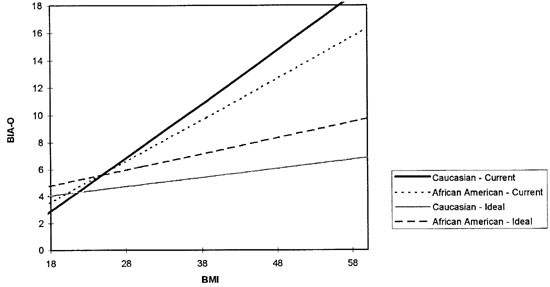
Body image assessment for obesity (BIA-O): development of a new procedure
Development and Validation of the Body Size Scale for Assessing Body Weight Perception in African Populations

PDF) Development and validation of the body shape scale (BOSHAS) for assessing body shape perception in African populations

PDF] Development of a new body image assessment scale in urban Cameroon: an anthropological approach.

Brasil - Agreement of adolescents' self-perception of their body image with the analysis on the three-dimensional body image Agreement of adolescents' self-perception of their body image with the analysis on the three-dimensional body image - SciELO

Body shape dissatisfaction is a 'normative discontent' in a young-adult Nigerian population: A study of prevalence and effects on health-related quality of life
- Brown Scientists Create Program To Calculate Body Shape
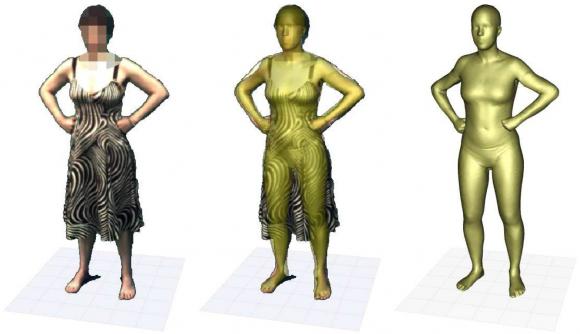
- Did you know there are seven typical male body shapes? The most

- Adjusting a 3D Drawing Figure Body Shape
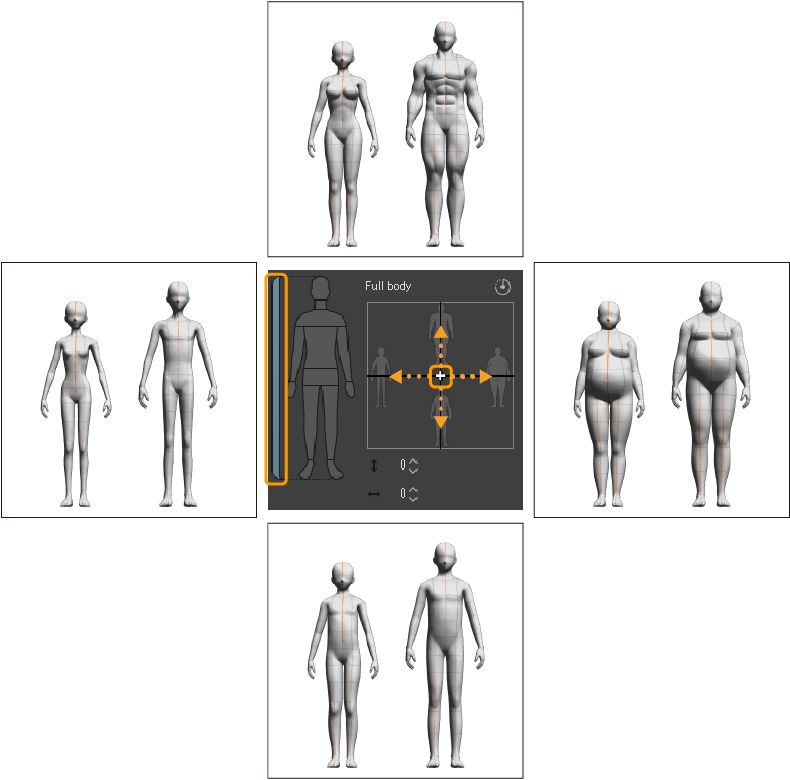
- Sahfit - WHICH IS YOUR? Human body shape is a complex phenomenon with sophisticated detail and function. The general shape or figure of a person is defined mainly by the molding of
- Pin by Will on Body posses Male art reference, Art tutorials


